
Shaming and blaming without accountability is toxic to couples, families, organizations, and communities
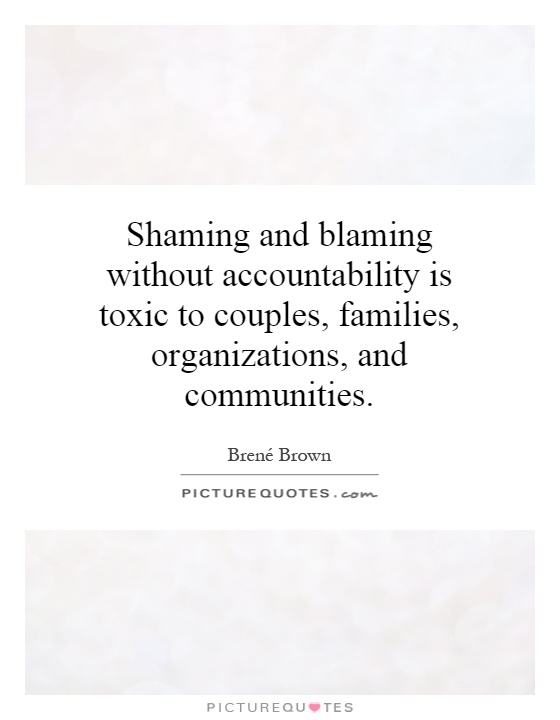
Shaming and blaming without accountability is toxic to couples, families, organizations, and communities
Brene Brown, a renowned researcher and author on topics such as vulnerability, shame, and empathy, has extensively studied the impact of shame and blame on relationships and communities. In her work, she emphasizes the importance of accountability in fostering healthy connections and creating a culture of trust and respect. Brown argues that shaming and blaming without accountability can be toxic to couples, families, organizations, and communities, as it erodes trust, damages relationships, and undermines the sense of belonging and connection.Shame and blame are powerful tools that can be used to control and manipulate others, but they come at a high cost. When individuals are shamed or blamed without being held accountable for their actions, they are left feeling isolated, unworthy, and disconnected from others. This can lead to a breakdown in communication, increased conflict, and a lack of trust within relationships and communities.
In her research, Brown has found that shame and blame are often used as a way to avoid taking responsibility for one's own actions or to deflect attention away from uncomfortable truths. However, this only serves to perpetuate a cycle of dysfunction and toxicity within relationships and organizations. Without accountability, there can be no growth, no learning, and no opportunity for healing and reconciliation.
Brown advocates for a culture of empathy, vulnerability, and accountability as a way to counteract the toxic effects of shame and blame. By creating a safe space for individuals to take ownership of their mistakes, learn from them, and make amends, relationships can be strengthened, trust can be rebuilt, and communities can thrive.
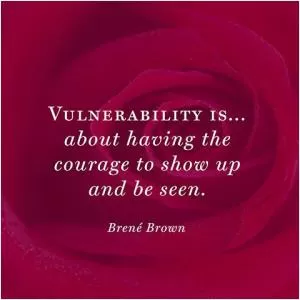

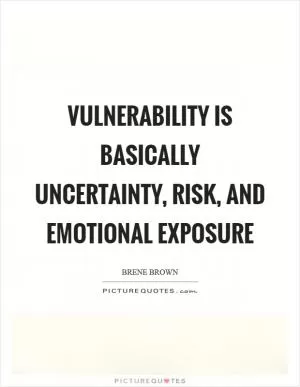
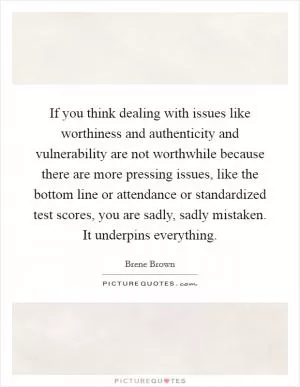
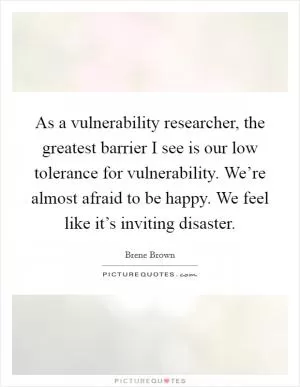

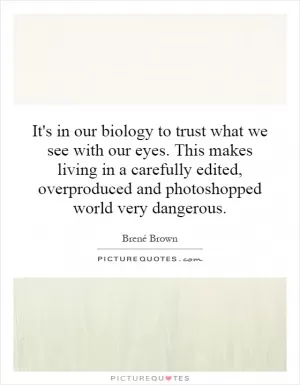
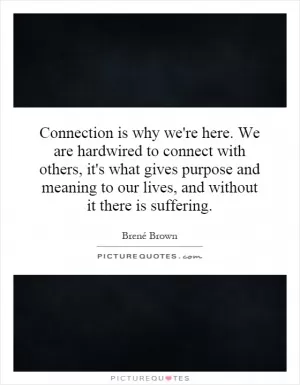
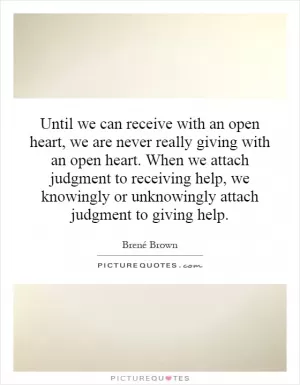
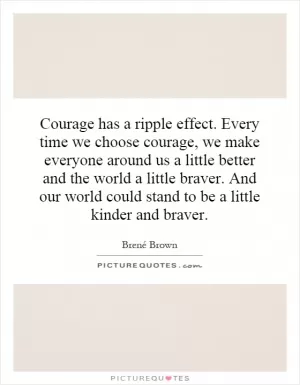
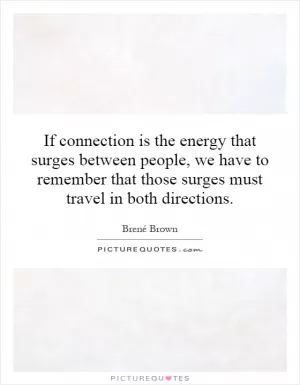

 Friendship Quotes
Friendship Quotes Love Quotes
Love Quotes Life Quotes
Life Quotes Funny Quotes
Funny Quotes Motivational Quotes
Motivational Quotes Inspirational Quotes
Inspirational Quotes